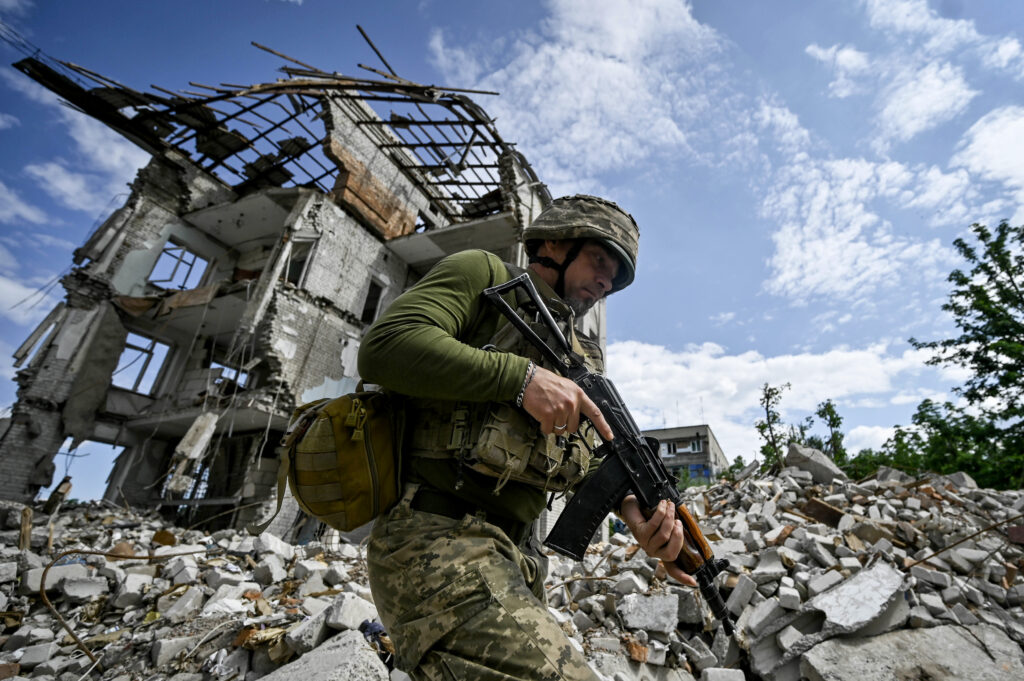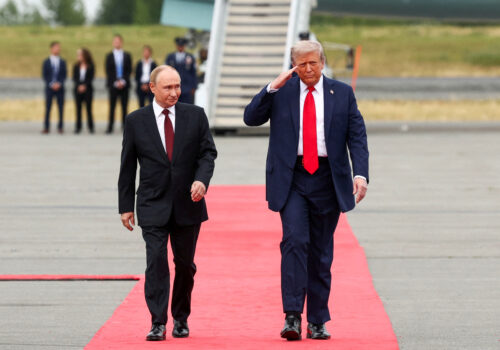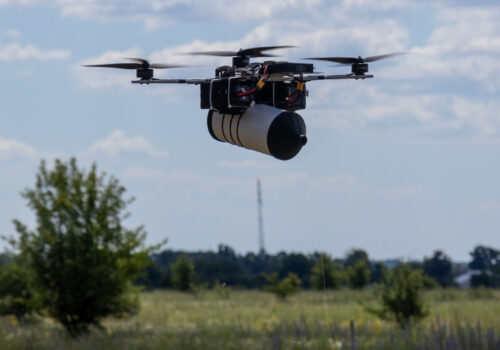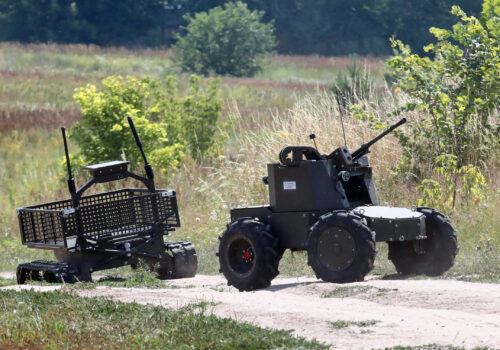Western leaders were in upbeat mood on Monday evening following their unprecedented White House summit with US President Donald Trump. Ukrainian President Volodymyr Zelenskyy said it had been his “best meeting” to date with the US leader. British Prime Minister Keir Starmer praised the talks as “good and productive,” while German Chancellor Friedrich Merz commented that the Washington DC gathering had “exceeded expectations.”
Despite this positive spin, the White House talks did not result in any specific steps toward peace in Ukraine. Instead, the meeting was primarily an opportunity for Ukraine, Europe, and the United States to demonstrate their unity in the aftermath of Trump’s recent summit with Russian President Vladimir Putin.
The most significant outcome to emerge from Monday’s discussions was a commitment from Trump that the United States would contribute to security guarantees for Ukraine. The British PM, who has been pressing for a US role in security guarantees for months, hailed the news as a “breakthrough.” NATO Secretary General Mark Rutte shared Starmer’s enthusiasm, calling Trump’s willingness to participate in security guarantees a “big step.”
This congratulatory mood may have been somewhat premature. In reality, it remains far from clear exactly what kind of security commitments Trump has in mind. Hours after hosting the White House gathering, the US leader was already attempting to downplay expectations by offering his assurances that no American troops would be deployed to Ukraine.
European officials have promised to provide greater clarity over potential security guarantees in the coming weeks. Intensive discussions are already underway, with the aim of establishing how any guarantees might work in practice. Military planners charged with this task will face an array of challenges. Crucially, they must identify triggers for potential Western military involvement while also determining the rules of engagement for any European soldiers involved in the monitoring of a future peace deal between Ukraine and Russia.
Stay updated
As the world watches the Russian invasion of Ukraine unfold, UkraineAlert delivers the best Atlantic Council expert insight and analysis on Ukraine twice a week directly to your inbox.
The debate over security guarantees and the potential deployment of a European “reassurance force” to monitor a ceasefire in Ukraine has been underway since early 2025. For the past six months, Britain and France have led efforts to form a so-called “Coalition of the Willing,” but neither country has so far been unable to define exactly what this coalition is willing to do. Instead, the entire issue of Western security guarantees for Ukraine remains shrouded in ambiguity.
At this stage, we have more questions than answers. If Western troops are deployed to Ukraine, would they be authorized to defend themselves, or would they be limited to a more passive role as observers reporting on ceasefire violations? If Russia attacks European military personnel in Ukraine, would this be treated as an act of war against the countries in question? A great many other practical matters in the military and political spheres must also be addressed before any potential participating country will be ready to sign up for what promises to be a long-term and high-risk foreign policy commitment.
Technical speaking, of course, none of these obstacles are insurmountable. However, they require a degree of political will and old-fashioned courage that have been markedly absent from the Western response to the Russian invasion of Ukraine since 2022. At heart, therefore, the sense of uncertainty over security guarantees boils down to one simple question: Would Western governments be prepared to go to war with Russia on behalf of Ukraine? The answer is surely a resounding “no.”
This is not to say that the entire notion of security guarantees should be forgotten. Far from it, in fact. After all, Ukraine obviously cannot be expected to defend itself against Russia without continued Western support. But at the same time, a degree of realism is necessary. The West will almost certainly not fight for Ukraine and anyone who argues otherwise is dangerously delusional. However, Western countries can commit to strengthening the Ukrainian military in ways that will contain the Kremlin and make Putin think twice before embarking on another of his criminal imperial adventures.
Eurasia Center events

The good news is that Ukraine’s military is already the largest and by far the most battle-hardened in Europe. While serious doubts remain over the readiness of modern European populations to defend their homelands, Ukrainians have proven themselves in battle for more than three years against a ruthless and relentless military superpower. Today’s Ukrainian army is also technologically advanced and has earned a stellar reputation as a world leader in drone warfare.
With sufficient backing from Kyiv’s Western partners, Ukraine is more than capable of defending itself and serving as Europe’s bastion against resurgent Russian imperialism. For this to become a reality, Western leaders must end the current piecemeal approach to military aid for Ukraine and commit their countries to providing consistent support for many years to come, regardless of any political changes in their respective capitals.
In addition to dramatically increased supplies of weapons and equipment, this enhanced Western support must include investments in Ukraine’s rapidly expanding domestic defense industry. In other words, Ukraine must become Europe’s front line defender and the arsenal of the continent. The goal is to provide Ukraine with the tools it needs in order to defeat Putin’s army on the battlefield, secure a front line stretching thousands of kilometers, and strike deep inside Russia if necessary to target the Kremlin war machine and the economy that fuels it.
At this dangerous moment in European history, only a strong Ukraine backed by the overwhelming financial, industrial, and technological might of the Western world can prevent further Russian wars of aggression. It is hopelessly naive to believe Putin could be deterred by mere written promises from the same European countries that have repeatedly demonstrated their lack of stomach for a fight. Instead, military partnership with Ukraine should be recognized as a national security priority for any European country that would prefer not to fight Russia themselves.
Peter Dickinson is editor of the Atlantic Council’s UkraineAlert service.
Further reading
The views expressed in UkraineAlert are solely those of the authors and do not necessarily reflect the views of the Atlantic Council, its staff, or its supporters.

The Eurasia Center’s mission is to enhance transatlantic cooperation in promoting stability, democratic values, and prosperity in Eurasia, from Eastern Europe and Turkey in the West to the Caucasus, Russia, and Central Asia in the East.
Follow us on social media
and support our work
Image: Dmytro Smolienko via Reuters Connect




